Supply Chain Risk Management Software Checklist
Streamline supply chain risk management with our software template. Identify potential risks, assess their impact, and develop mitigation strategies. Automate reporting, track KPIs, and improve supplier relationships through proactive risk assessment and management.
Overview
FAQ
How can I integrate this Checklist into my business?
You have 2 options:
1. Download the Checklist as PDF for Free and share it with your team for completion.
2. Use the Checklist directly within the Mobile2b Platform to optimize your business processes.
How many ready-to-use Checklist do you offer?
We have a collection of over 5,000 ready-to-use fully customizable Checklists, available with a single click.
What is the cost of using this Checklist on your platform?
Pricing is based on how often you use the Checklist each month.
For detailed information, please visit our pricing page.
Implementation Plan
Risk Assessment
Compliance Management
Vendor Selection
Configuration and Customization
Training and Support
Integration with Existing Systems
Security and Backup
Monitoring and Review
Expense Reduction
 34%
34% Development Speed
 87%
87% Team Productivity
 48%
48% Generate your Checklist with the help of AI
Type the name of the Checklist you need and leave the rest to us.
 Made in Germany
Made in Germany Fair Pricing Policy
Fair Pricing Policy


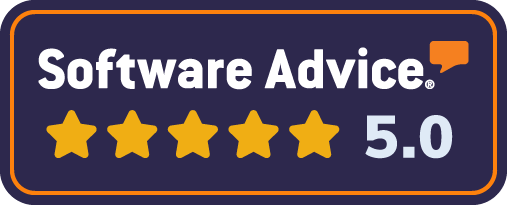










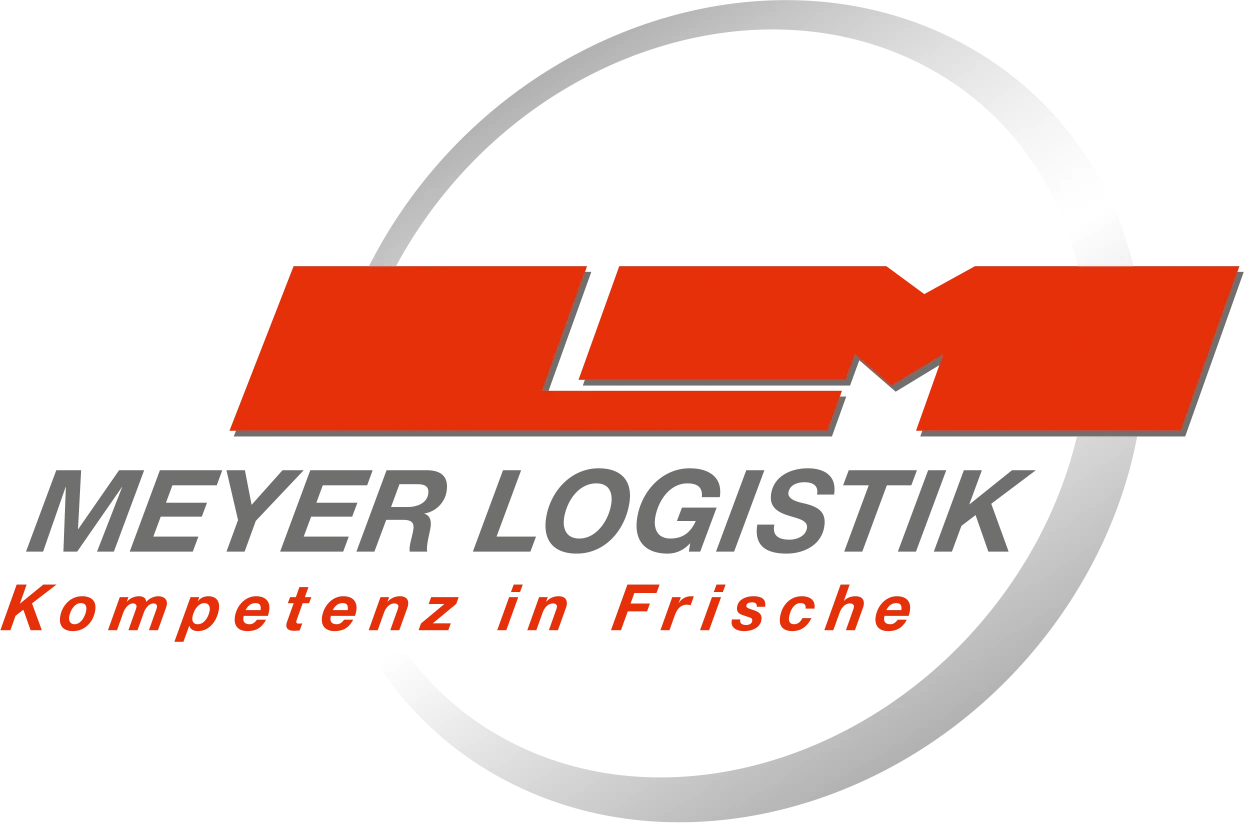



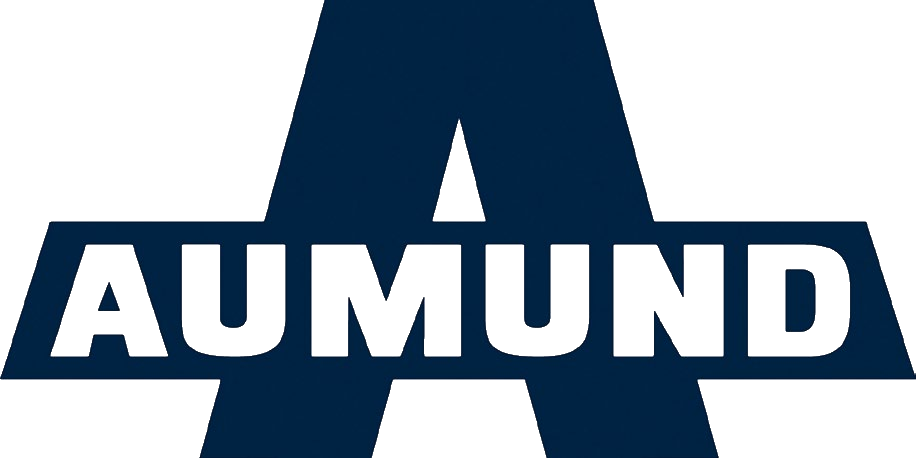


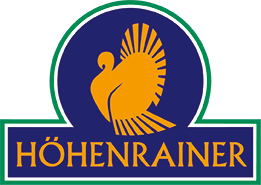

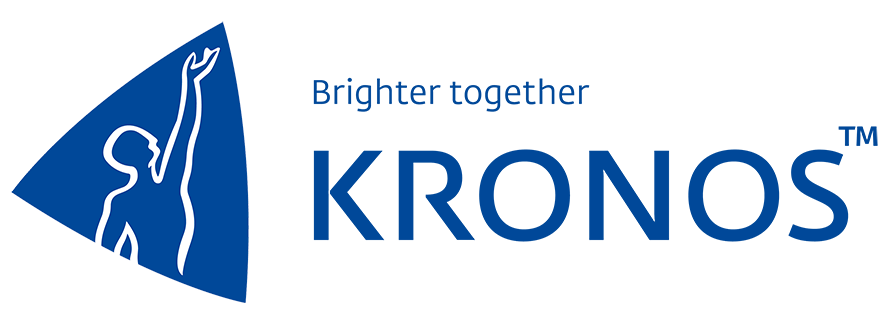




 Certified Security and Data Protection
Certified Security and Data Protection Active Support and Customer success
Active Support and Customer success Flexible and Fully customizable
Flexible and Fully customizable